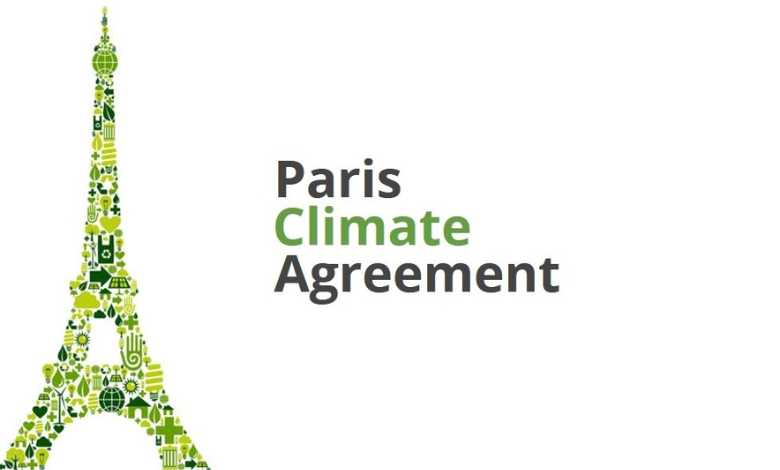‘It’s time to buckle up’: Countries must deliver on 2015 Paris agreement on climate change

The planet is just beginning to see unprecedented impacts of climate change and global leaders must put aside their distrust and geopolitical issues to quickly deliver on their decarbonisation commitments, according to top climate scientist Johan Rockstrom.
The director of Germany’s Potsdam Institute for Climate Impact Research said “It’s time to buckle up” on the sidelines of the One Earth Summit in Hong Kong earlier this month. He called on decision-makers to put in more effort to prevent irreversible damage to Earth.
“If we phase out fossil fuels by 2050 and stop destroying nature, it will still get worse before it gets better. Because we are already in the pipeline of global warming … it’s inevitable today that we will crash through 1.5 degrees Celsius, probably within 10 to 15 years.”
Earth on track for an expected heating of 2.7 degrees
The 2015 Paris agreement seeks to limit global heating to 1.5 degrees above pre-industrial levels to prevent climate change from taking greater control. But several scientific studies stress that the planet is currently on track for an expected heating of 2.7 degrees by 2100.
The Stockholm Resilience Centre, founded by Rockstrom, released a study last year noting that humans had crossed 6 of 9 “planetary boundaries“. It is a concept to define global environmental limits, such as climate and diversity, within which humans can safely live.
Crossing such boundaries could trigger short-term challenges such as scarcity of natural resources, genetic disease patterns and sea level rises. But it can also cause irreversible changes and lead to potentially long-term catastrophic outcomes and make Earth uninhabitable.
Copernicus Climate Change Service drops a bomb
In order to limit global heating to 1.5 degrees Celsius, the Paris deal calls for global emissions to be reduced by 45% by the end of the decade and for them to reach net zero by the middle of the century. Several major economies have also set up their national targets and timelines.
The EU’s Copernicus Climate Change Service noted on Tuesday in another concerning announcement that the planet just experienced the hottest March on record due to a combined effect of the El Nino phenomenon and climate emergency.
The global average temperature for the last 12 months is also the highest ever. It is 1.58 degrees Celsius above the pre-industrial average. But it does not imply a permanent breach of the Paris deal as such a situation requires long-term temperature surges over several years.



